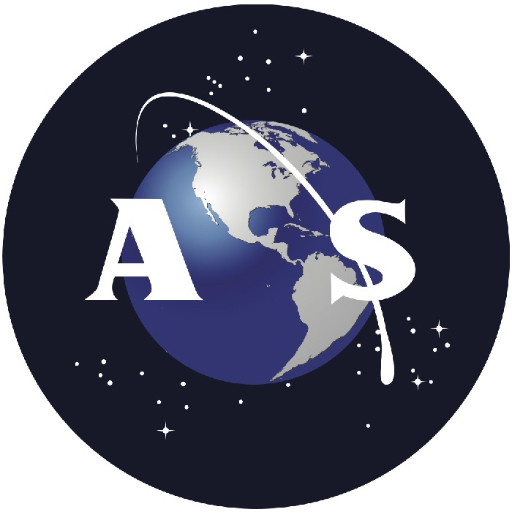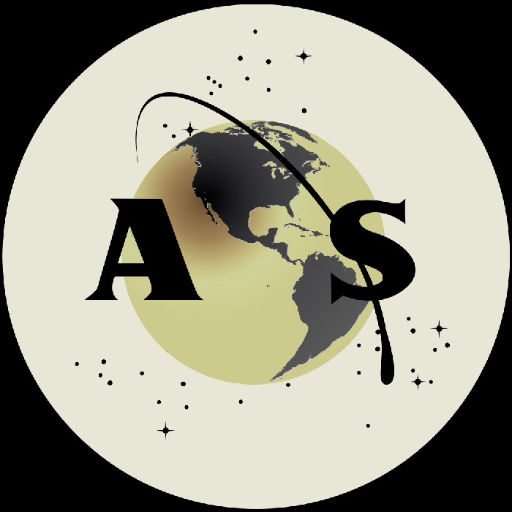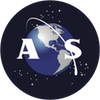
CAPE CANAVERAL – Space Exploration Technologies (SpaceX) has again demonstrated that it was well stocked with the ‘right stuff’ when it completed a successful test firing of its Falcon 9 rocket yesterday, Dec. 4. The test firing lasted just over two seconds at 10:50 a.m. EDT. The test occurred a mere three days prior to the rocket’s flight, scheduled for a morning launch on Tuesday, Dec. 7. The rocket is set to lift off from Cape Canaveral Air Force Station’s Space Launch Complex 40 (SLC-40).
According to preliminary accounts the test fire was a success. The rocket was kept on the pad via hold-down bolts and the results of the test firing are currently being reviewed.
Tuesday’s launch will be the second for the Falcon 9 rocket, which relies on nine Merlin engines to power it to orbit. The first flight used a weight simulator to duplicate characteristics of the spacecraft that this vehicle is slated to launch Dec. 7. Tuesday’s launch will mark the first flight under NASA’s Commercial Orbital Transportation Services contract as well as the first flight of a Dragon spacecraft.
This test flight proved that the third time was the charm as the commercial space company attempted to test fire the rocket earlier in the day, only to have the test aborted due to low pressure in the gas generator. Pressure seemed to be having a run on pressure problems as pressure was the reason for an abort during the rocket’s first test firing the day prior. This test was aborted due to high engine pressure.
The launch window on Tuesday extends from 9:03 a.m. to 12:22 p.m. EDT. If NASA and SpaceX cannot get the Falcon 9 off the ground on that day, windows are available on Dec. 8 and 9 as well.
The COTS contract that SpaceX has with NASA is worth an estimated $1.6 billion and has been established to provide cargo flights to the International Space Station (ISS). After the end of the shuttle era, these flights will be crucial to getting supplies to the orbiting outpost. The private space firm hopes that if all goes well with the COTS contract that it may one day win the contract to ferry astronauts to and from the space station.



